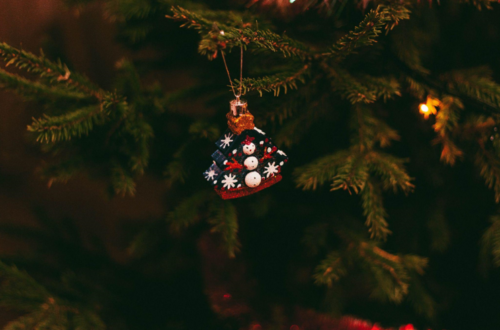
Artificial Christmas Trees and Sales of Christmas Lights
The Politics Behind Artificial Christmas Trees
When it comes to Christmas trees artificial, the debate between natural and artificial has been ongoing for years. However, the politics surrounding artificial Christmas trees may surprise you. The government regulates the production and sale of artificial Christmas trees through checks and balances. In the United States, the Consumer Product Safety Commission (CPSC) oversees the safety standards for artificial trees. These standards ensure that the trees are made with non-toxic and fire-resistant materials.
The CPSC regulations have significantly impacted the artificial tree industry. Manufacturers must comply with these standards to sell their products in the market. Recently, some companies have created eco-friendly and sustainable Christmas trees artificial to appeal to consumers who prioritize sustainability.
The politics of artificial Christmas trees don’t stop there. Trade policies and tariffs can also impact the manufacturing of these trees. In 2018, the US imposed tariffs on artificial Christmas trees imported from China. This decision was made to protect the American tree industry, but it also led to an increase in prices for consumers.
The Impact of Politics on Christmas Light Sales
Christmas lights sale are a staple during the holiday season, but have you ever considered the politics surrounding their sale? The demand for Christmas lights is high, and manufacturers must meet certain safety standards to comply with regulations. The CPSC also sets safety standards for Christmas lights, ensuring they are safe to use indoors and outdoors.
However, the politics of Christmas lights sale involves more than safety regulations. In recent years, there has been a push for eco-friendly lights that use less energy and have a longer lifespan. The government has also incentivized consumers to switch to LED lights by offering tax breaks and rebates. As a result, many manufacturers have started producing more energy-efficient Christmas lights to meet the growing demand.
In addition, trade policies and tariffs can impact the sale of Christmas lights. For example, in 2019, the US imposed tariffs on Christmas lights imported from China as part of a trade war. This decision increased consumers’ prices and affected the sales of some retailers.
Final Thoughts
The politics of artificial Christmas trees and Christmas light sales may not be something you think about during the holiday season. However, they significantly impact the production, sale, and cost of these products. Understanding the regulations and policies surrounding these industries can help you make informed decisions when purchasing Christmas decorations.
In conclusion, politics and checks and balances affect the production of artificial Christmas trees and Christmas light sales. The government plays a significant role in these industries, from safety regulations to trade policies. As consumers, we must be aware of these factors and how they impact our products.




